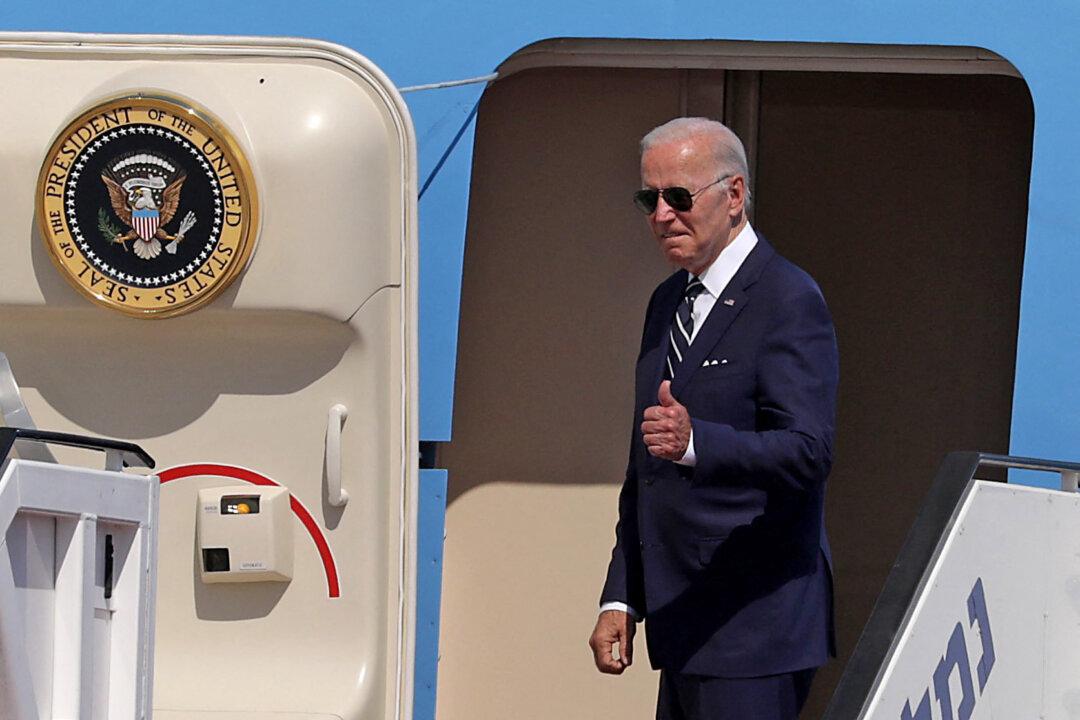A majority of Americans, 61 percent, blame the Biden administration for soaring inflation, which is currently at a 40-year-high, according to a new survey published by WalletHub on July 20.
The survey was conducted online from July 4 to July 8 to gauge what people know about the interest-rate increases by the Federal Reserve (Fed) and how they impact consumers’ finances.





